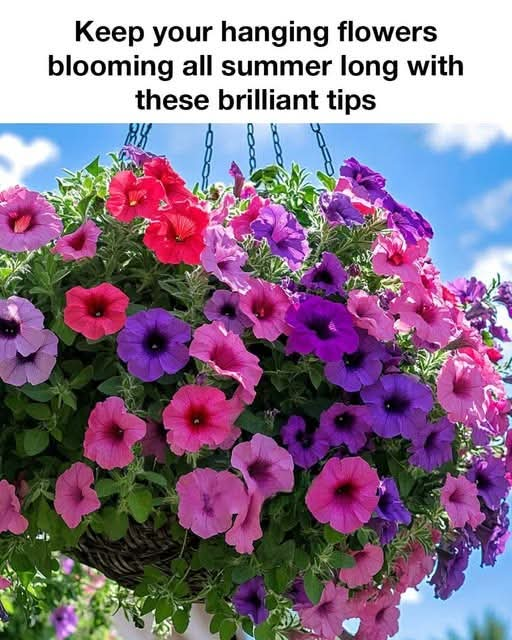
Gardening is one of those activities that can bring immense joy, but it can also be frustrating, especially when things don’t go as planned. Whether you’re a seasoned gardener or just starting out, discovering a few simple, effective tips can transform your gardening experience. Here are some brilliant gardening hacks that will help you get the most out of your plants, making gardening easier and more enjoyable!
1. Use Coffee Grounds for Fertilizer
Coffee grounds are a goldmine for your garden! They’re rich in nitrogen, which is essential for plant growth. Simply sprinkle used coffee grounds directly around your plants or mix them into your compost bin. Not only will your plants benefit from the added nutrients, but the grounds can also help repel pests like slugs and snails.
2. Plant in Raised Beds
If you’re tired of struggling with weeding or dealing with poor soil, consider building raised garden beds. Raised beds are a great way to control the quality of the soil, improve drainage, and keep weeds at bay. Plus, they make gardening less strenuous on your back, since you won’t have to bend over as much.
3. Use Mulch to Retain Moisture
Mulching is one of the easiest ways to keep your garden healthy during hot summer months. A thick layer of mulch around your plants helps retain soil moisture, prevent weed growth, and keep the soil temperature stable. You can use organic materials like wood chips, straw, or leaves to mulch your garden beds.
4. Water Early in the Morning
Watering your plants early in the morning, before the heat of the day sets in, is a game-changer. This allows water to soak into the soil without evaporating in the hot sun, ensuring your plants get the hydration they need. It also helps prevent fungal diseases, which can develop when plants stay wet overnight.
5. Companion Planting for Pest Control
Instead of using chemical pesticides, why not try natural pest control through companion planting? Certain plants naturally repel pests that may harm other plants. For example, planting basil near tomatoes can help deter mosquitoes and flies, while marigolds are known to keep away aphids. Research which plants work well together, and you’ll have a thriving, pest-free garden.
6. Save Seeds from Your Own Plants
Saving seeds from your own garden is not only a cost-effective way to start next year’s garden, but it also allows you to grow plants that are adapted to your local conditions. Make sure to let your plants go to seed, and once they’re dry, collect and store the seeds in a cool, dry place. This sustainable practice gives you a constant source of new plants every season.
7. Improve Soil Quality with Composting
Soil health is key to a thriving garden, and composting is one of the best ways to improve it. Organic materials like vegetable scraps, yard waste, and coffee grounds can all be composted to create nutrient-rich soil. Composting not only feeds your plants but also helps reduce waste, making it an environmentally friendly gardening solution.
8. Repurpose Kitchen Scraps
You’d be surprised at how many kitchen scraps can be used to grow new plants. Vegetable scraps like potato eyes, onion bottoms, and carrot tops can be regrown in water or directly in the soil. This is a fun and sustainable way to get more out of the food you buy, while also adding new plants to your garden.
9. Use Eggshells to Prevent Blossom End Rot
Blossom end rot, a common problem with tomatoes, peppers, and other vegetables, can be prevented by adding crushed eggshells to the soil. Eggshells are high in calcium, which helps prevent this condition by ensuring your plants get the nutrients they need for healthy fruit development.
10. Prune Regularly for Healthier Growth
Pruning might seem like a chore, but it’s crucial for promoting healthy plant growth. Removing dead or diseased branches allows your plants to focus their energy on new, healthy growth. For fruit trees and shrubs, proper pruning can also help increase yield.
Conclusion
Gardening doesn’t have to be a complicated or frustrating task. By incorporating these brilliant tips into your gardening routine, you can improve the health and productivity of your plants while saving time and effort. Whether you’re looking for natural pest control, ways to conserve water, or easy ways to improve your soil, these tips are sure to make your gardening experience more enjoyable and successful. Happy gardening!